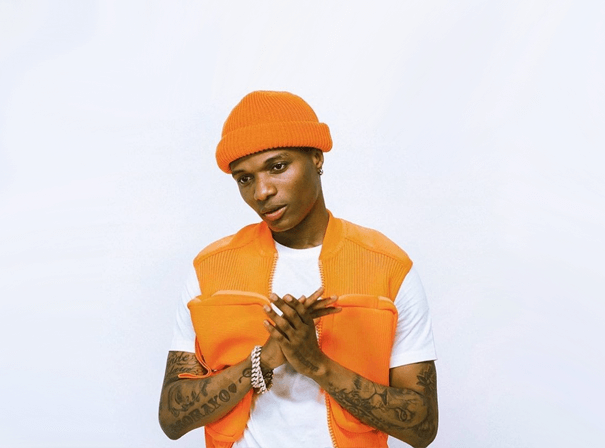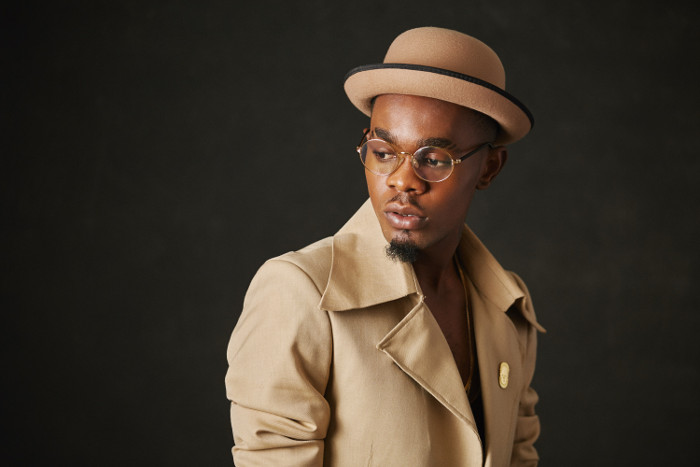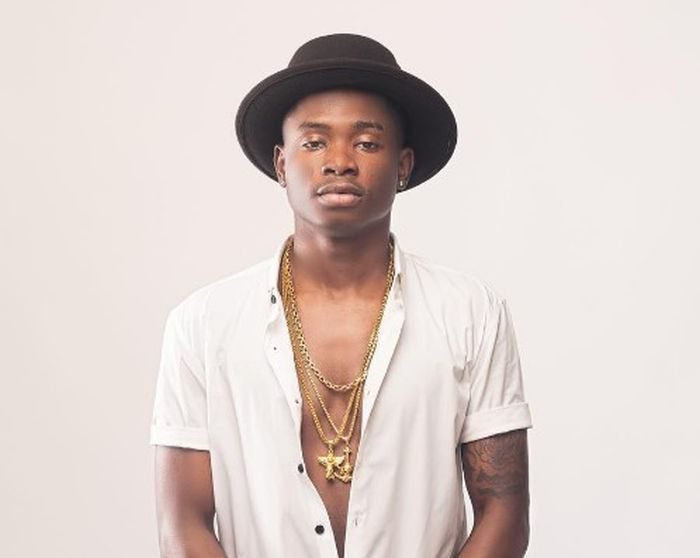Profile: D’banj D Kokomaster
Written by mikeonas on May 18, 2018
Oladapo Daniel Oyebanjo (popularly known as D’banj, born 9 June 1980) is a Nigerian singer-songwriter, harmonica player, and businessman. He has won several music awards, including the awards for Best African Act at the MTV Europe Music Awards 2007, Artist of the Year at the MTV Africa Music Awards 2009, Best International Act: Africa at the 2011 BET Awards, and Best-selling African Artist at the 2014 World Music Awards, Evolution award at the 2015 MTV Africa Music Awards.
He adopted the stage name D’banj, a combination of his first name Dapo his surname Oyebanjo. D’banj is currently best known internationally for his 2012 summer hit “Oliver Twist”, an uptempo dance fusion of Afrobeat and electronic dance music that topped the African charts 2011 and was a top 10 hit in the UK singles chart in 2012 reaching No. 2 on the UK R&B chart.
Childhood
D’banj was born in Zaria, Kaduna State, Nigeria to a military officer who commanded an artillery regiment and a church dignitary mother who hailed from Shagamu in Ogun State. Due to his father’s profession, he moved several times within Nigeria and later moved to England. D’banj was expected to follow his father’s military career and was enrolled to the Nigerian Military School at age eleven. However, D’banj resisted the system and disenrolled from the school after three years. While at the Military school he was a member of the elite drum corps of the Nigerian Army. From the Nigerian Military School, he proceeded to another military owned institution Nigerian Navy Secondary School, Ibara, Abeokuta where he completed his secondary school education.
Musical beginning
D’banj was introduced to the harmonica by his late older brother, Femi Oyebanjo, who died in a plane crash at age seventeen. With D’banj’s love for music being greater than his parents’ military aspirations, he struggled for his parents’ approval; this can be best heard through an album track, All Da Way from his debut album.
Following the death of his 17-year-old brother, D’banj arranged all his possessions on his bed after they were brought home and just picked up his harmonica. I’d play it to remember him.” Later, at university, he realized what his new skills with the instrument could bring him. “I’d go to the female hostel after lectures, and even if there was no electricity I could play there.” He remembers learning Celine Dion’s “My Heart Will Go On” after Titanic came out – “and that got me a lot of girls!”
Plans to continue his studies as a mechanical engineer in London were derailed when he arrived in the UK in 2001, and met Don Jazzy who was trying to make it as a songwriter and producer. D’Banj started hanging around the studio, making ends meet while working as a security guard. “It was OK, because I did nights,” he says, “so I could listen to music on my headphones.”
Don Jazzy told D’Banj he thought he was a star in the making, and sensing that the music scene in Nigeria was “blossoming”, the pair returned to Lagos in 2004. That same year came the single “Tongolo”; the video was paid for by D’Banj’s mother. His first endorsement was with an energy drink called Power Fist.
BET Interview
In April 2011, D’banj was interviewed by BET’s April Woodard. The interview, titled “Welcome to America”, was a platform for D’banj to introduce himself to the American Music Industry and audience which he stated he was going to get into. In the interview, D’banj spoke on a wide range of topics including his music, artists he’d like to work with, his parents, Mo’Hits Records, his love life, and his role models: Kanye West, Usher, Jay-Z, R. Kelly, and others. The interview lasted 125 minutes and was the avenue used to formally declare his determination to lead African music into many quarters that its yet to reach.
Music career
As a tribute to his mentor Fela, D’banj uses a fusion of Afrobeat and Afropop to bring his music to life and into the 21st century with breathless enthusiasm as well as a good dose of humor. His songs are based on his life, often hilarious but with a deeper meaning which documents the struggle of a young Nigerian trying to achieve his dreams. He performs in Yoruba, English and Pidgin English.
2005: No Long Thing
D’banj’s debut album, No Long Thing, was released in 2005. It yielded several singles with Tongolo as the lead single. This proved to be his breakthrough single and a hit. It also provided his Koko Master persona, with the term, Koko, taking on a variety of meanings. D’banj’s debut success led to collaborations with other artists, including Dare Art Alade and Ikechukwu. D’Banj’s single Koko was used by the PDP (ruling political party in Nigeria) as its campaign theme for the 2007 general elections.




